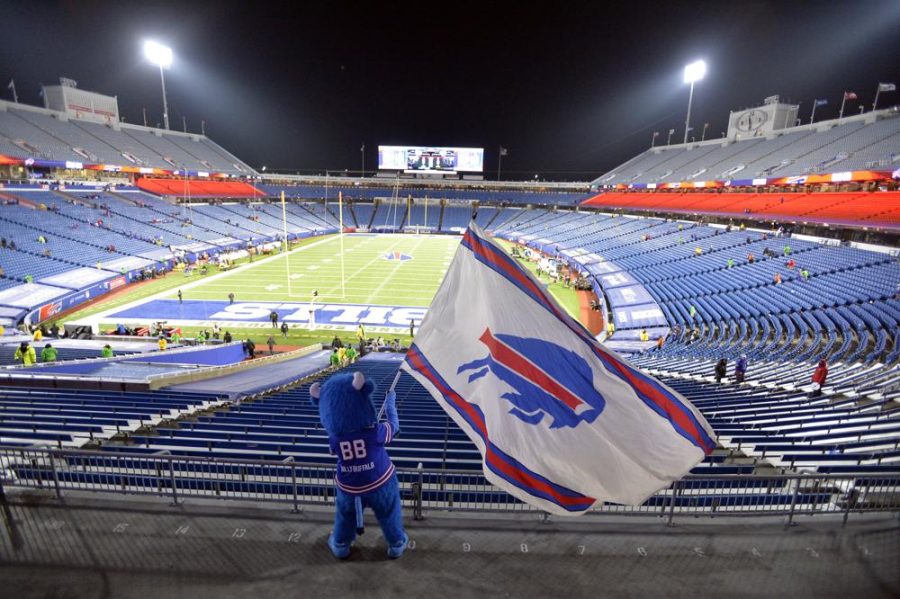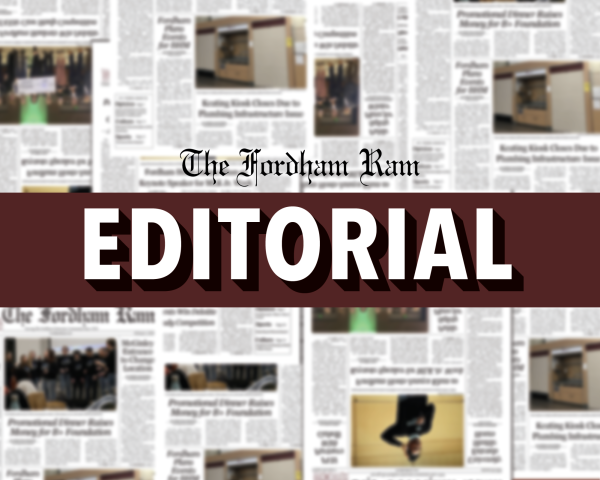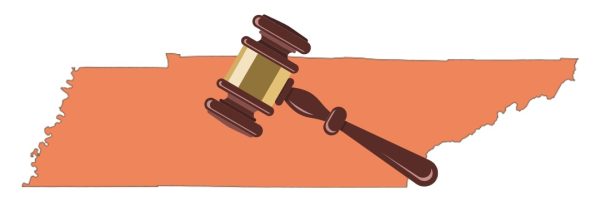New Bills Stadium: A Much-Needed Win for Upstate New Yorkers
During the process of crafting this coming year’s New York State budget, one of the hot button issues that has been discussed is the question of a new stadium for the NFL’s Buffalo Bills, located in Orchard Park, New York. The small market club, facing pressure from the league to leave its current home, the aging Highmark Stadium, was given an unprecedented amount of public funding in the budget to use towards building a new home in Western New York, coming out to $600 million from the state and $250 million from Erie County. Championed by Governor Kathy Hochul, a native of Buffalo suburb Hamburg, the proposal has been met with intense backlash and criticism. Some people argue that the Bills’ billionaire owners, Terry and Kim Pegula, should pay for it themselves, and that stadiums funded by public dollars rarely have a positive economic impact for residents. However, these critics fail to completely grasp the importance that the club holds for upstate New York. The state was completely justified in allocating these funds towards the stadium.
Chief amongst the concerns about the stadium funding plan, particularly from downstate New Yorkers, is that sending the money up to Buffalo for a stadium that many in the tri-state area will never use is a tremendous waste of money, considering the many issues facing New York City. However, this logic could not be further away from reality. If we go by this thinking, then New York might as well be two states, as many upstate New Yorkers will never set foot on the state-funded MTA transit system. Additionally, the construction of New York City’s Yankee Stadium, another place that many upstaters will never set foot in, cost New York $1.2 billion in taxpayer subsidies. It is only fair that those in Western New York are finally getting their piece of the pie.
What critics of the new stadium funding plan must keep in mind is that the NFL is a cutthroat business, with little regional loyalty when push comes to shove. Smaller market teams will always be at risk of relocation. In fact, this recently happened in Saint Louis and San Diego with their teams, the Rams and Chargers, leaving for the glitz, glamor and big money of Los Angeles. In both cases, taxpayers of their respective cities shot down proposals for public funding of new stadiums, and the teams didn’t hesitate to leave. This threat was made as recently as last year in Buffalo, with the team floating the prospect of moving to Austin, Texas if a stadium funding deal could not get done. Because of the relatively low cost of attending a game in Buffalo, and the lack of Fortune 500 advertising dollars compared to bigger markets, it would be hard to see a scenario where the team’s ownership would be willing to build without public support. The reality is, in order for some cities to keep their teams, the taxpayers must foot the bill. Buffalo is one of those places.
I’ve lived my entire life in Western New York; I’ve lived in Buffalo, Rochester and in between, and one thing that I know for certain is how much the Buffalo Bills mean to the region on a cultural level. As far as many of us see it, we don’t have the nightlife of New York City, the beaches of Long Island or the political power of Albany. However, we do have a great football team right in our backyard, and that is a serious source of regional pride. There are many people who would insist that it is ridiculous to spend such a great amount of public money on mere entertainment, which is what sports teams ultimately fall under. That said, the Bills represent much more than a football team to people from where I grew up. If they were to leave town, it would be a crushing blow and a loss of an important rallying cry for a Rust Belt city looking for something to cheer for. Understandably, $800 million is a daunting price tag for a football stadium, but the experience of having the NFL franchise in town is priceless.
Peter McGowan, FCRH ’24, is a political science major from Rochester, N.Y.













